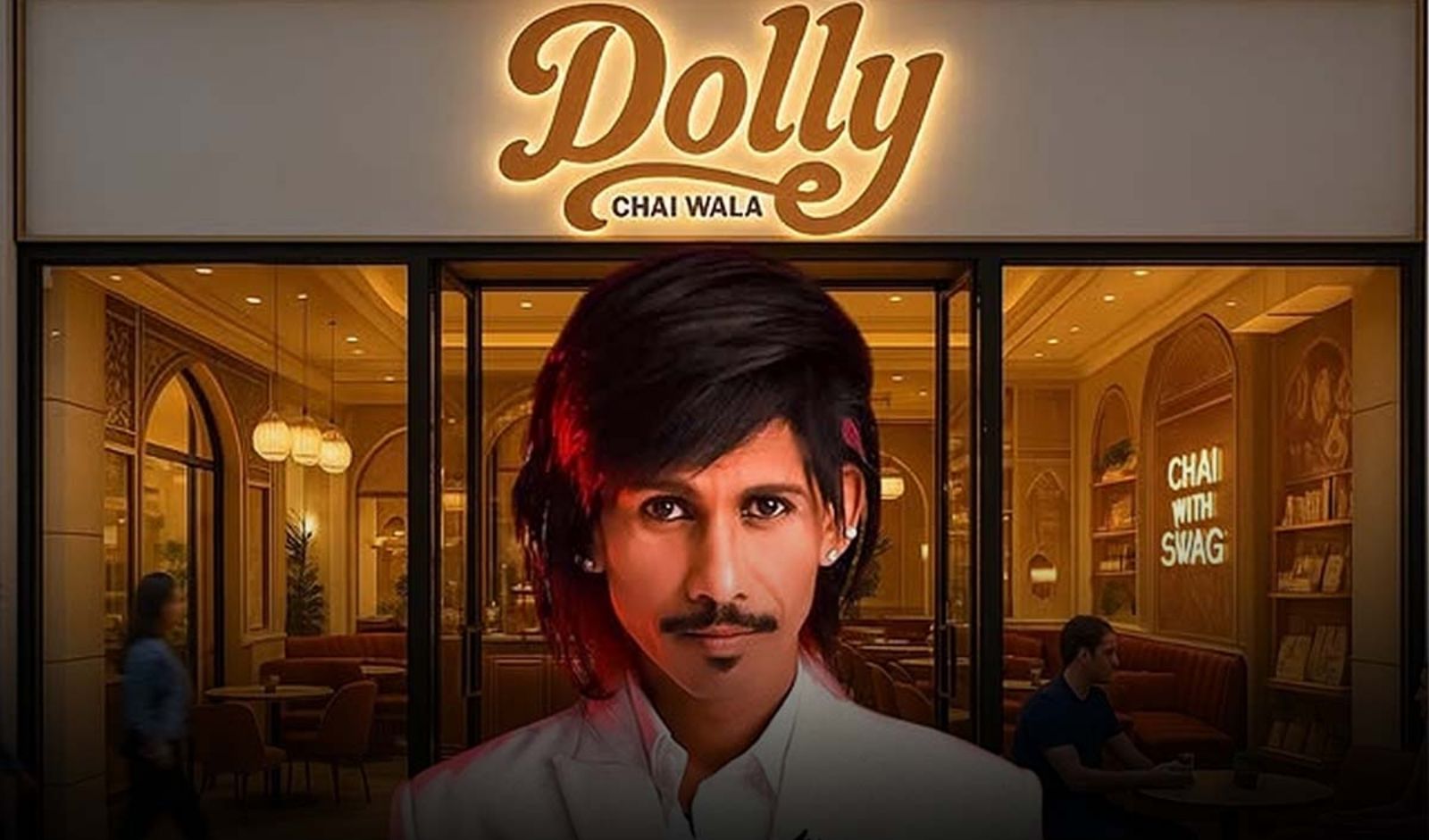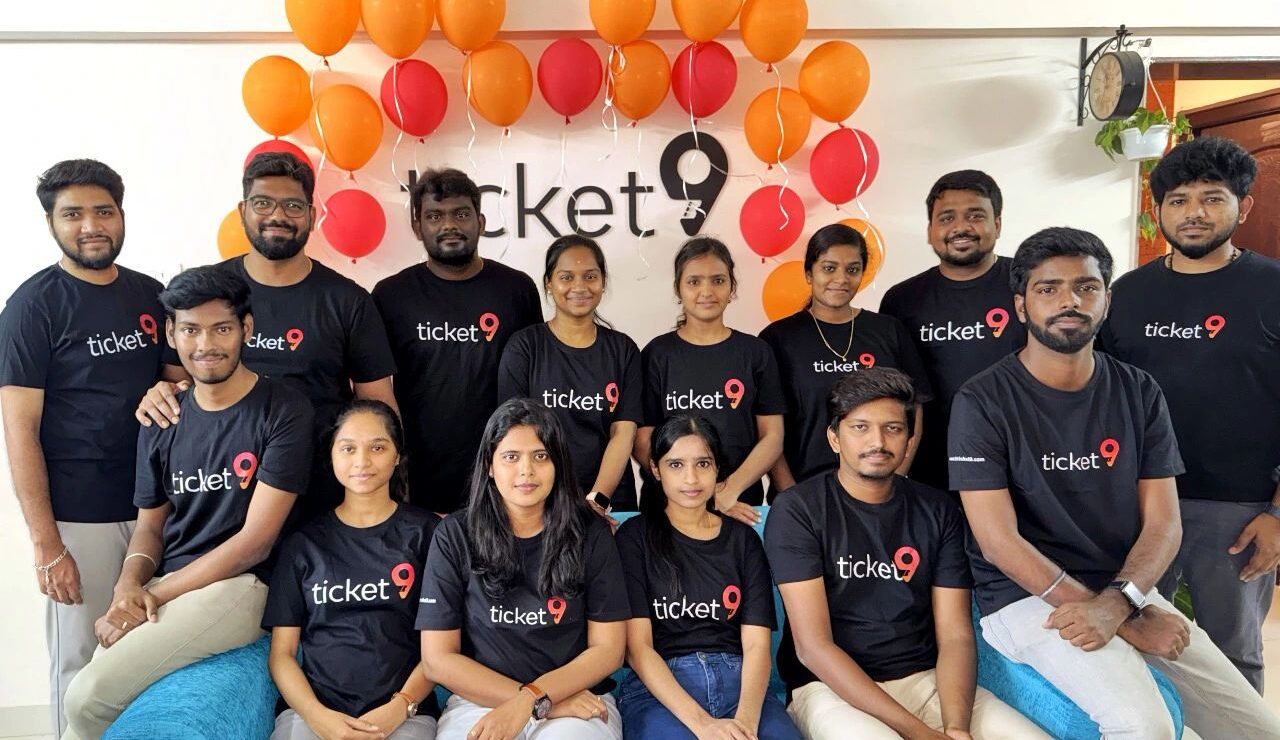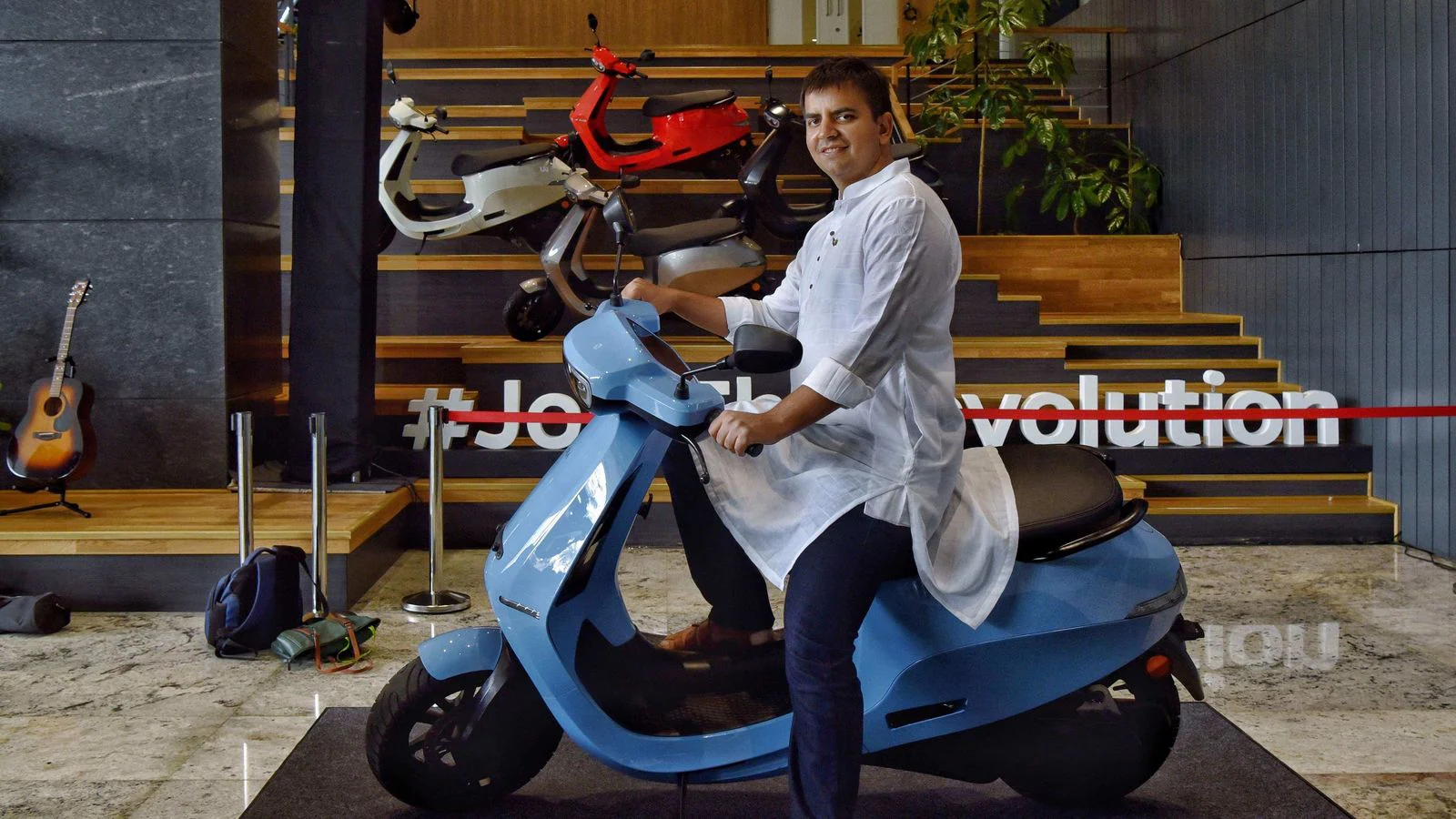A post on Reddit is making waves in India’s startup community, bringing attention to Zomato CEO Deepinder Goyal’s luxury lifestyle at a time when his companies face challenges with profits. The post has sparked a broader debate about wealth and fairness in the country’s booming startup culture.
According to recent financial reports, Zomato’s profit for the fourth quarter of FY25 dropped sharply. The company made only ₹39 crore in profit, which is 78% less than the ₹175 crore it earned in the same quarter last year. This drop comes even though Zomato’s revenues grew, showing that while sales are up, costs and spending have also increased a lot, reducing overall profits. Meanwhile, Blinkit, the instant delivery company owned by Zomato, continues to post high losses, as the business needs large investments to open more stores and stay ahead in a crowded market.
While the companies work to get their finances on track, Deepinder Goyal has reportedly bought a new home worth ₹52 crore in the upscale DLF Camellias area of Gurugram. The stamp duty payment alone, ₹3.66 crore has caught people’s attention online. Goyal’s car collection is also the talk of social media: it reportedly includes high-end brands such as Ferrari, Lamborghini, Aston Martin, Porsche, and a BMW M8.
The viral Reddit post questions how startup founders like Goyal can keep spending huge amounts on real estate and luxury vehicles when their companies are barely profitable or losing money. This has raised doubts about whether there’s a deeper problem in the Indian startup ecosystem, where the personal wealth of founders grows even if their companies struggle to make money.
Critics say this situation is unfair, especially as employees, delivery workers, and regular customers face rising costs and business challenges. They argue that it sends the wrong message when the people at the top can afford such extravagance, while many others in the same company aren’t doing as well. As one comment from the Reddit post put it:
“If your company’s profits can’t fund growth but your founder can pay crores in stamp duty, something is broken.”
These discussions have triggered fresh questions about leadership, ethics, and how much responsibility startup founders have toward their teams and customers. Many believe this is not just about Zomato or Goyal, but about the “optics” of wealth among India’s new generation of tech leaders, especially during a time when fast growth doesn’t always mean strong, stable companies.
This topic is not new, but this viral post has brought it back into the spotlight. As India’s startup scene continues to attract headlines and investor money, many are now wondering if the current approach is sustainable, or if the startup dream needs a reset to truly benefit everyone involved.
ALSO READ : What a CEO, a Redditor, and ₹20 Reveal About Gig Work in India























